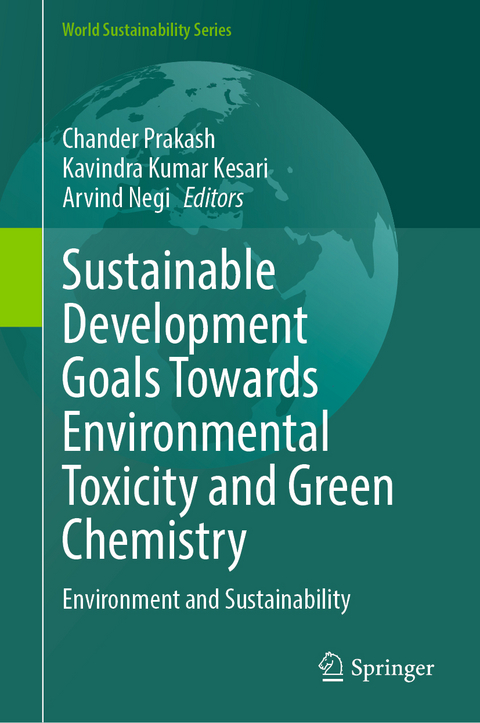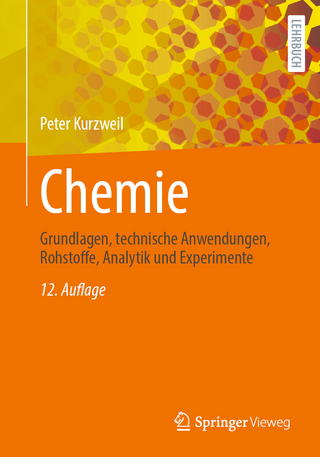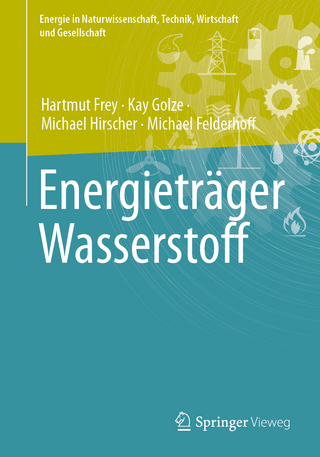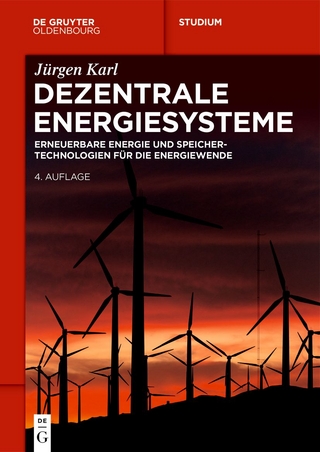
Sustainable Development Goals Towards Environmental Toxicity and Green Chemistry
Springer International Publishing (Verlag)
978-3-031-77326-6 (ISBN)
This book thoroughly explores strategies and greener methods, chemical and biological treatments, sustainable chemistry, and technological advancements aimed at mitigating the harmful effects of chemicals on the environment. Modern societies are often exposed to various types of chemicals, originating from natural or man-made sources. These chemicals can cause environmental damage, and their long-term exposure has been found to contribute to deteriorating public health. The increasing global human population has led to higher demand for everyday materials, resulting in unprecedented industrial production levels. This growth also jeopardizes the value-added supply chains of essential chemical industries such as pharmaceuticals, fertilizers, biologics, biotech. Consequently, there is a greater need for the use of sustainable and environmentally friendly methods. For example, in recent years, strategies have been developed to efficiently handle agricultural waste to produce materials, fuel, fine chemicals, and energy.
Prof. Prakash serving as Pro-Vice Chancellor, University Center for Research and Development, Chandigarh University, India. He served as Dean of Research & Development/School of Mechanical Engineering at Lovely Professional University, India. He did his Ph.D. in Mechanical Engineering at Panjab University, Chandigarh. He has published over 400 scientific articles in peer-reviewed journals. He is a highly cited researcher with 10910 citations (H-index 47: Google Scholar as of September 2024). He is listed in the Top 2% world's leading scientists published by Stanford University and Elsevier. Dr. Prakash edited/authored 25 books, serving as Series Editor of 2 books, as Guest Editor and serving as Editorial Board Member of Journals. He has published 18 patents. Dr. Prakash raised funds for Mega Grants in collaboration with Southern Federal University, Russian Federation.
Dr. Kavindra Kumar Kesari is Senior Researcher in the Department of Applied Physics, Aalto University. He obtained a Doctoral degree in Biotechnology, and he received Research fellowships during his Doctoral studies at Jawaharlal Nehru University, New Delhi, India. He has published over 150 papers (H-index 45: Google Scholar as of September 2024) in reputed scientific journals, 30 book chapters, and 7 books and has presented over 50 papers at national and international scientific meetings. He is listed in the Top 2% world's leading scientists published by Stanford University and Elsevier. He has been acting as Commissioner at the ICBE EMF, USA, since 2021 and also acting as Visiting Fellow for INTI International University, Malaysia, and Adjunct Professor for Chandigarh University, Mohali, India.
Dr. Arvind Negi earned his Ph.D. in 2019 from the School of Chemistry at the National University of Ireland Galway. He worked at KelAda Pharmachem in Dublin, Ireland, and spent a year on the EU Horizon-2020 project at the Departamento de Química Orgánica (Universidad de Córdoba, Spain). Following this, he became Assistant Professor of Chemistry at DIT University, India, where he taught biopolymer chemistry, analytical chemistry, and chemistry of natural products. In 2021, he moved to the Department of Bioproducts and Biosystems at Aalto University, Finland, to research developing sustainable chemical processes to functionalize cellulose materials and to devise approaches toward greener chemistry.
Chapter 1. Biomaterials in CO2 Capture for Sustainable Future (Niranjan Patra).- Chapter 2. Role of Green Chemistry in Producing Biodegradable Plastic and Its Role in Sustainable Development (Hardeep Kaur).- Chapter 3. Technology for Waste Material Recycling (Muhammad Arshad).- Chapter 4. Challenges and prospects in photovoltaic waste management: Towards sustainable recycling and disposal of end-of-life solar panels (Gobinath Velu Kaliyannan).- Chapter 5. Nanocomposite-Based Photocatalysis: Tackling Pharmaceutical and Personal Care Products (PPCPs) Pollutants in Environmental Remediation (Manish Pant).- Chapter 6. Optimization of the Coagulation Treatment of Olive Oil Margins: Efficiency Comparison between Commercial Coagulant (pacTM2 charge) and Moringa oleifera (Safaa Khattabi Rifi).- Chapter 7. Assessment the Impact of Continuous and Discontinuous Aeration on Ammonia, Nitrates, COD, and Color Removal in Leachates from Ouled Berjal landfill (Hajar Bakraouy).- Chapter 8. Removal of color refinery wastewater by coagulation-flocculation (Amina khalidi-Idrissi).- Chapter 9. Biogenic nanoparticles: The mighty minions fighting persistent toxic elements and chemical dye pollution for environmental sustainability (Atif Aziz Chowdhury).- Chapter 10. Poisoned Seas: Chemical Threats to Marine Life and Human Health (Simrandeep Kaur).- Chapter 11. Polystyrene: A hazardous Risk to Marine as well as Human Life (Rachna Yadav).- Chapter 12. Toxic Effects of Acrylamide and Their Underlying Mechanisms (Jiten Singh).- Chapter 13. Nanotechnological approaches for the management of stored insect-pests: present scenario and future prospects (Krishna Chaitanya Tirunagaru).- Chapter 14. Nanoparticle-Mediated Regulation of Chromium Toxicity in Plants: Unveiling the Mechanism at Cellular Level (Priyanka Mahajan).- Chapter 15. The Piteous Price of Progress: The Environmental and Health Costs of Modern Society (Barathi Seetharaman).
| Erscheinungsdatum | 11.12.2024 |
|---|---|
| Reihe/Serie | World Sustainability Series |
| Zusatzinfo | VI, 313 p. 66 illus., 57 illus. in color. |
| Verlagsort | Cham |
| Sprache | englisch |
| Maße | 155 x 235 mm |
| Themenwelt | Naturwissenschaften ► Chemie ► Technische Chemie |
| Schlagworte | biomass • cellulose film coating • Green chemistry • nanomaterials • natural resources • Packaging • sustainability • waste materials Recycling |
| ISBN-10 | 3-031-77326-8 / 3031773268 |
| ISBN-13 | 978-3-031-77326-6 / 9783031773266 |
| Zustand | Neuware |
| Informationen gemäß Produktsicherheitsverordnung (GPSR) | |
| Haben Sie eine Frage zum Produkt? |
aus dem Bereich


